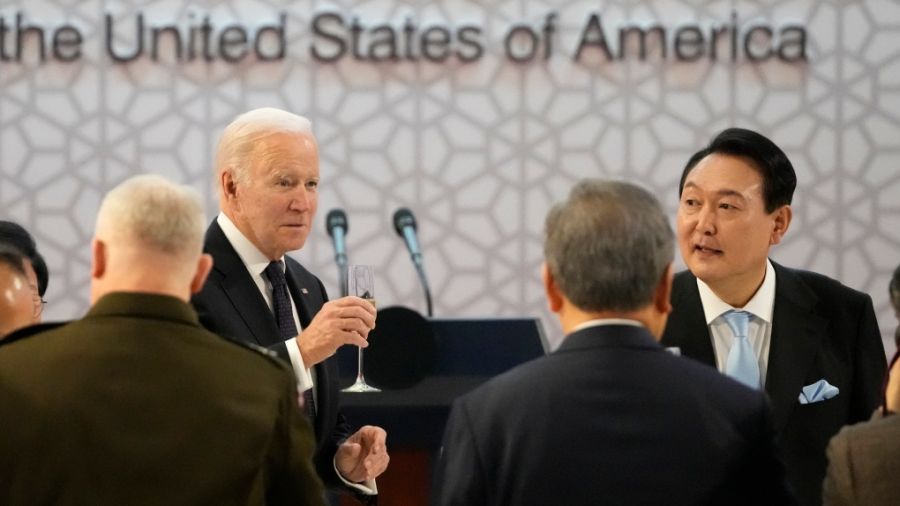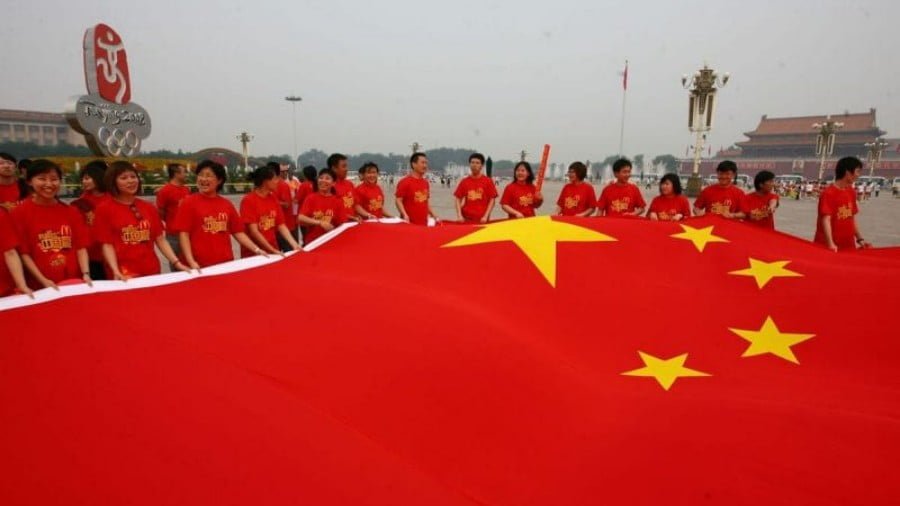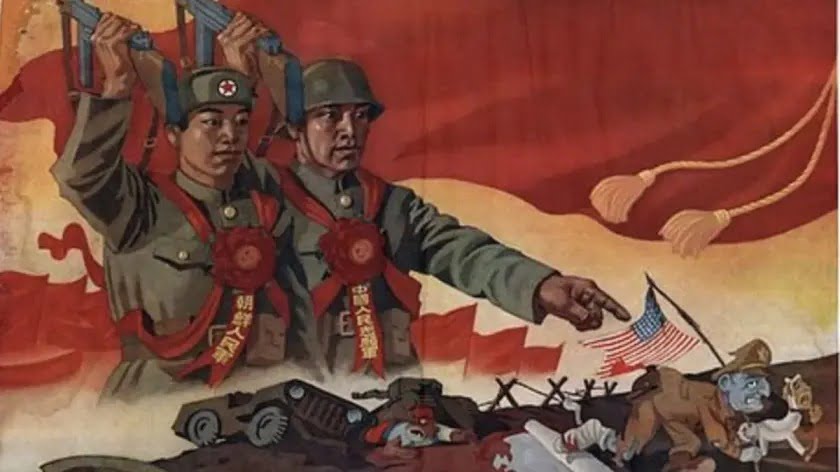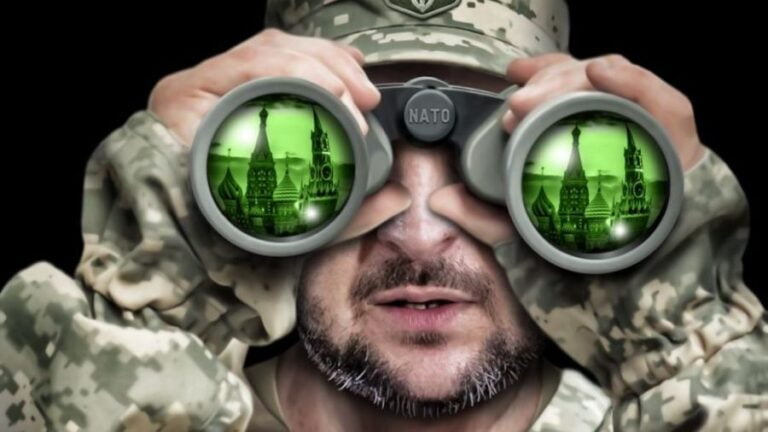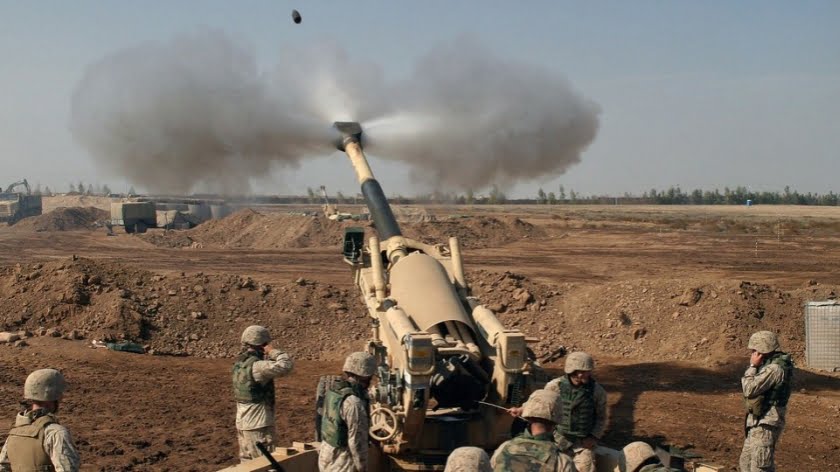The President of the ROK’s Visit to the US: An Analysis of Key Documents and Statements. Part 2. Joint Statement by the Presidents
Yoon and Biden’s opening monologue was theatrical, just like the Washington Declaration. “The United States and the ROK are constructing an Alliance that will provide future generations with a firm foundation upon which to build prosperity and security.”
The first part of the statement positioned the US-ROK alliance as a “Global Comprehensive Strategic Alliance” that “has grown far beyond the Korean Peninsula, reflecting the vital role of our two countries as global leaders in advancing democracy, economic prosperity, security, and technological innovation.” In this context, “President Biden applauded the ROK’s initiative to embrace greater global responsibilities, including by hosting the next Summit for Democracy, further developing the partnership with the North Atlantic Treaty Organization and the G7 on the basis of shared values, and continuing to expand contributions to UN peacekeeping activities.
However, Seoul’s reluctance to get fully involved in US projects is evident in the following passage: “President Yoon expressed support for the United States’ cooperative efforts to ensure peace and security in the region, including through the launch of AUKUS.” In other words, he encourages and is always willing to hold ceremonial gatherings like the “Summit for Democracy,” but he will not ally himself with AUKUS or other anti-Chinese groups.
The strategy for dealing with the DPRK was refined. In one statement, the parties reaffirmed their “commitment to diplomacy with the Democratic People’s Republic of Korea (DPRK) as the only viable means of achieving lasting peace on the Korean Peninsula and call on the DPRK to return to negotiations,” and declared their readiness to provide humanitarian aid to the most vulnerable North Koreans. But the “better future for all Korean people” they intend to build represents, as they said under Lee Myung-bak, “an even bigger Republic of Korea.” To be more precise, “a unified Korean Peninsula that is free and at peace.” And then, naturally, there was talk about strengthening cooperation to promote human rights in the DPRK and to solve the problems of abductees, detainees and unreturned prisoners of war; condemning the egregious violations of the DPRK’s “decision to channel its scarce resources into developing weapons of mass destruction”; calling for complete denuclearization, which involves the elimination of all the DPRK’s weapons of mass destruction, or WMD and missile program in addition; assuring that the nuclear test by the DPRK will meet a resolute response from the international community.
It should be noted that Yoon Suk-yeol’s “bold initiative” supported by Biden, which is a reincarnation of Lee Myung-bak’s ‘Denuclearization, Openness 3000 Initiative’ was written by the same Kim Tae-hyo, the author of the plan of fifteen years ago and perhaps the biggest hawk in Yoon’s entourage.
Noticeably, the DPRK is not a regional issue but a global one, similar to climate change and environmental issues, which they also vowed to address in particular by creating clean electricity, including nuclear and renewable energy. Although generally speaking, pledges to increase US-South Korean cooperation in a number of advances were made, but the economic, scientific, and technical aspects regrettably remain outside the purview of our analysis due to the text’s short length.
The two presidents stressed the importance of trilateral cooperation between the United States, the ROK and Japan, and Joe Biden “welcomed President Yoon’s bold steps toward improving ROK-Japan relations and extended strong support for expanding ROK-Japan collaboration”, for the Washington-Tokyo-Seoul triangle could become something real through Yoon’s efforts. The ROK president is actively disavowing his predecessor’s hostile stance towards Japan and from the point of view of his opponents, the pendulum has swung backwards.
The second part of the declaration concerned the bilateral relationship, which “marked by our longstanding investment, trade, technological, and people-to-people ties, which have led to significant economic opportunity and prosperity for both countries and will continue to do so for the next 70 years.”
However, the recent painful topic of economic interaction between the two countries has not been closed. “The two leaders appreciated the recent efforts made by the ROK and the United States to alleviate concerns of Korean businesses over the Inflation Reduction Act (IRA) and the CHIPS and Science Act. The two Presidents committed to continue close consultations with a view to ensuring those Acts encourage mutually beneficial corporate investment in the United States by creating predictable conditions for business activities.” In other words, the cancellation of restrictions painful to South Korean businesses was not achieved by Yoon there and then, the US simply promised to address the issue.
From the long list of areas of cooperation, the author was attracted by the following. First, Biden and Yoon “called for efforts to conclude a U.S.-ROK Reciprocal Defense Procurement Agreement to strengthen cooperation in the global defense industry,” and also “committed to further strengthening the U.S.-ROK Alliance across all sectors and through multiple channels of space cooperation … The two Presidents also welcomed deepening space security cooperation, including the ROK’s commitment not to conduct destructive, direct-ascent anti-satellite missile testing.” The same strategy as with the ROK nuclear project is applied which consists in freezing defense technologies that would make Seoul too independent from Washington, instead Seoul should be made entirely dependent on American weapons.
Second, “President Yoon and President Biden recognized that the Alliance applies to cyberspace and committed to establish a U.S.-ROK Strategic Cybersecurity Cooperation Framework.” Of course, the primary focus is on combating “the DPRK’s illicit cyber activities that fund its unlawful WMD and ballistic missile programs.”
Yoon Suk-yeol at the podium
We should observe right away that, unlike the behind-the-scenes discussions, whose outcome was made public in the form of a joint statement, Yoon’s speech in the Congress necessitated statements in the spirit of “the Korean elephant is the US elephant’s best friend.” Especially given that the US Congress had passed a special resolution welcoming Yoon’s visit in the run-up to his speech.
In addition, there is an important point to keep in mind in such statements. Some things, be they “human rights violations” in the DPRK or “climate change,” cannot not be avoided. Therefore, when analyzing the document and reading between the lines, you need to pay attention to what was omitted.
The speech itself was made according to an understandable pattern with the refrain “Thank you. Thank you.” First, he praised America as a beautiful country, saying, “Over the past century, we have faced many threats. But the U.S. has always led the world in defense of freedom…. U.S. leadership established the new world order based on free trade. It brought peace and prosperity throughout the world.” He recalled that “In the late 19th century, American missionaries helped to widely introduce the values of freedom and solidarity to Korea,” which is generally true. He couldn’t help but mention aid in the Korean War “…North Korea’s surprise attack threatened the peace on the Korean Peninsula and Asia. Korea’s freedom and democracy were on the brink. At that decisive moment, the U.S. did not look the other way,” paying tribute to the veterans. “Ever since, the Korean people rose from the ruins of war to build a thriving nation. And at every step, America has stood together with Korea.”
Yoon Suk-yeol’s knowledge of history, however, is specific, judging by the passage “Imperial nations fought for colonies. And humanity greatly suffered from the two World Wars. America righteously stepped in to defend freedom.” The economic miracle, in his view, also happened because “In the early 1960s, the Kennedy administration recommended Professor Rostow’s model for economic growth. President Park Chung-hee wisely embraced the idea and pushed economic development forward.” Indeed, the professor’s theory of stages of economic growth may have influenced the future image, but the practical process of accelerated industrialization was more geared toward the USSR and DPRK, including even five-year plans (though not directive but indicative).
This was followed by an explanation of how the US and ROK have joined forces to safeguard freedom and democracy throughout the world (“We fought side by side with the U.S. in Afghanistan, Iraq, and others”), how South Korean companies are contributing to the US economic recovery, how Korean-born congressmen are among both Republicans and Democrats, and how “even if you didn’t know my name, you may know BTS and BLACKPINK.” It is quite remarkable that while he mentioned Iraq and Afghanistan, where the support coming from the South Korean soldiers had mainly been moral, he did not evoke Vietnam, where the South Korean contingent had provided far more serious support and spilled far more blood.
And then it became clear how deeply Yoon Suk-yeol himself was immersed in American culture and American values. He is a man who sings ‘American Pie’ as an iconic song from his college days, goes to the cinema with his wife to watch ‘Top Gun: Maverick’, or ‘Mission Impossible’ on big screen and, as a prosecutor, ‘followed the example’ of Robert Morgenthau, who, however, had really been a legendary figure and an epic fighter against the mafia and corruption (Yoon even wrote a kind of book about him and distributed it among his former colleagues). He sings relatively modern American songs. He met with the leadership of Netflix and promoted quite significant programs for cultural exchanges or benefits for South Korean students who are engaged in innovation.
Yoon’s technocracy and his fixation on the concepts of freedom and democracy in which he believes developed on this basis, and those who wish can recall his inaugural speech.
And it seems that a man with such views is really affected by the DPRK. In Yoon Suk-yeol’s picture of the world, where “Together with the U.S., Korea will play the role as a ‘compass for freedom’,” and their alliance “has now become a global alliance that safeguards freedom and peace around the world,” “there is one regime determined to pursue a wrong path. That is North Korea.”
Yes, that’s right! “The difference is stark between Seoul that chose freedom and democracy and Pyongyang that chose dictatorship and communism. North Korea has abandoned freedom and prosperity and dismissed peace.” The president of the Republic of Korea even quoted Ronald Reagan: “There is a point beyond which they must not advance.” After which the audience was bombarded with a routine set of horror stories based on the recently released report on human rights in North Korea, whose dubious value we recently discussed: “Unspeakable and horrendous incidents took place: men and women being shot and killed for violating COVID-19 prevention measures; some being publicly executed for watching and sharing South Korean shows; and people being shot in public for possessing the Bible and having faith.”
It is no wonder that “freedom and democracy are once again under threat” because of “North Korea’s obsession with nuclear weapons and missiles,” and “We must not shy away from our duty to promote freedom for North Koreans.” In the author’s opinion, this is a very ambiguous statement, well indicating his vision of the future, in which the DPRK does not exist.
In this context, Yoon said that his “government will respond firmly to provocations. But at the same time, we will keep the door open for dialogue on North Korea’s denuclearization.” However, as part of his “Audacious Initiative,” “All Pyongyang has to do is to stop its nuclear program and begin a substantive denuclearization process.” Taking into account the fact that the denuclearization of North Korea today has no prospects at all, it is not for nothing that the North perceives them as a fig leaf hiding plans for aggression.
The speech ended with a description of a bright future in which South Korea and the United States will make the world a better place. “Together, we will create a great synergy…
God bless you, God bless the United States of America, and may God bless our great alliance.”
Amen, the author would say, for despite unavoidable clichés, Yoon’s speech said a lot about him as a person. And it is something worth considering in the process of predicting his decisions.

